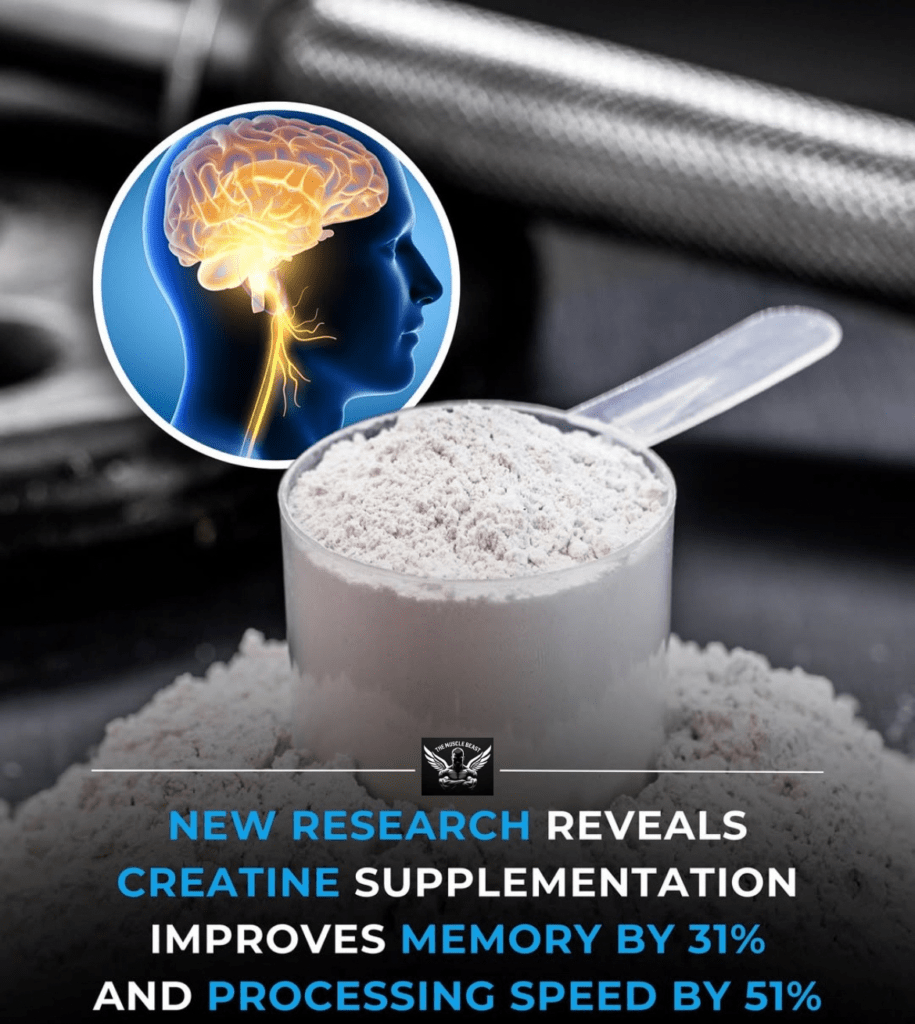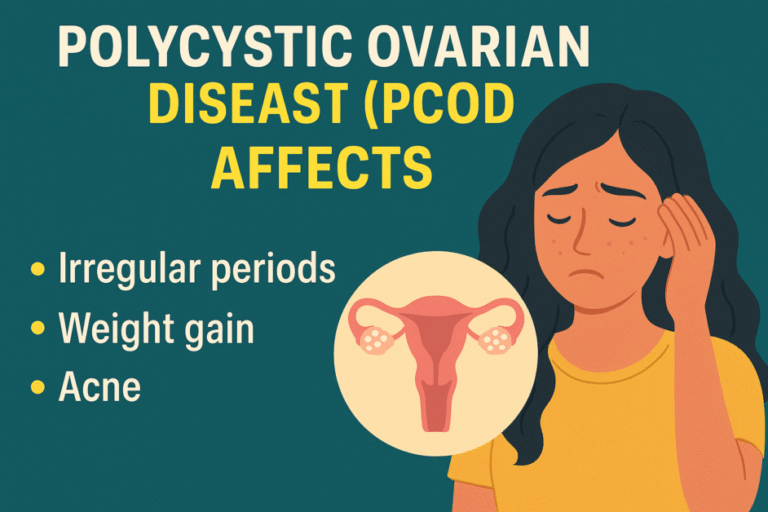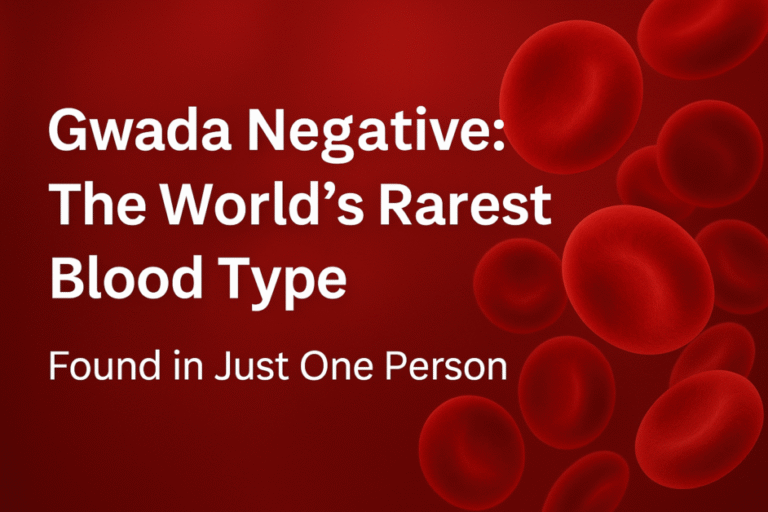Effects Of Creatine in Your Mind Memory Processing Speed
Creatine for Brain Health: New Study Reveals 31% Better Memory & 51% Faster Processing Speed!
Introduction: Creatine – More Than Just a Gym Supplement
When you hear the word creatine, the first thing that likely comes to mind is muscle growth, strength, and athletic performance. But what if I told you that creatine is also a powerful brain booster? A groundbreaking study has revealed that creatine supplementation can improve memory by 31% and processing speed by 51%!
This article dives deep into the science behind creatine’s cognitive benefits, how it works in the brain, who can benefit the most, and how to optimize your creatine intake for maximum brain performance.
What is Creatine?
Creatine is a naturally occurring compound found in foods like red meat and fish and is also produced in small amounts by the body. It plays a vital role in energy production, especially in high-energy-demanding tissues like muscles and the brain.
For years, creatine has been used by athletes and bodybuilders to enhance performance, but now, research shows it can supercharge brain function as well.
New Research: How Creatine Boosts Brain Performance
Study Findings: Memory & Processing Speed
Recent scientific studies have examined creatine’s impact on brain health, and the results are impressive:
• Memory improvement by 31% ✅
• Processing speed increased by 51% ✅
• Increased brain energy levels ✅
• Enhanced focus & cognitive function ✅
These findings suggest that creatine isn’t just a physical performance enhancer—it’s also a nootropic (brain booster)!
How Does Creatine Improve Brain Function?
1. Creatine Increases Brain ATP Levels (Energy) ⚡
The brain is one of the most energy-demanding organs in the body. It consumes around 20% of the body’s total energy at rest! Creatine helps by supplying additional adenosine triphosphate (ATP), which is the primary energy source for brain cells. This extra energy allows neurons to fire faster and more efficiently, improving reaction time and mental clarity.
2. Enhances Neurotransmitter Function 🧠
Neurotransmitters like dopamine and serotonin play a key role in mood, focus, and learning ability. Research suggests that creatine supplementation helps regulate these neurotransmitters, potentially improving mood and reducing brain fog.
3. Reduces Mental Fatigue 💤
Do you often feel mentally drained after long hours of work or study? Studies show that people who take creatine experience less mental fatigue and maintain sharper cognitive function throughout the day.
4. Protects Against Neurodegenerative Diseases 🏥
Emerging research indicates that creatine may help protect against neurodegenerative conditions like Alzheimer’s and Parkinson’s disease. By boosting energy production and reducing oxidative stress, creatine supports long-term brain health.
Who Can Benefit the Most from Creatine for Brain Health?
1. Students & Professionals 📚💼
If you’re studying for exams or working in a mentally demanding job, creatine can help you retain information better, improve focus, and speed up problem-solving skills.
2. Athletes & Fitness Enthusiasts 🏋️♂️🏃♂️
Since creatine is already popular in fitness circles, its added cognitive benefits make it even more valuable for athletes who need sharp reflexes and quick decision-making skills.
3. Older Adults (50+ Years) 👴👵
As we age, memory and cognitive function decline. Supplementing with creatine can help maintain mental clarity, reduce forgetfulness, and support brain health in older adults.
4. Vegans & Vegetarians 🌱
Since creatine is primarily found in meat and fish, vegetarians and vegans tend to have lower creatine levels. Supplementation can help bridge this gap and enhance cognitive performance.
How to Take Creatine for Maximum Brain Benefits
1. Best Type of Creatine
🔹 Creatine Monohydrate– The most researched, effective, and affordable form.
🔹 Micronized Creatine – Finer particles for better absorption.
2. Recommended Dosage
💊 3-5 grams per day is ideal for cognitive and brain health benefits.
💧 Drink plenty of water to ensure proper absorption.
3. Best Time to Take Creatine
📆 Creatine is not time-dependent, meaning you can take it anytime during the day. However, some people prefer taking it in the morning for mental clarity or post-workout for muscle recovery.
4. Creatine Loading Phase – Is It Necessary?
You may have heard about a loading phase where you take 20g per day for the first week to saturate your muscles. While this is common for muscle gains, it is not necessary for brain benefits. A consistent 3-5g per day works just fine!
Common Myths About Creatine & Brain Health
1. “Creatine is Just for Bodybuilders” ❌
🚫 FALSE! Creatine is beneficial for everyone, not just gym-goers.
2. “Creatine Causes Kidney Damage” ❌
🚫 FALSE! Studies have shown that creatine is safe for long-term use in healthy individuals.
3. “Creatine Makes You Gain Weight” ❌
🚫 FALSE! Creatine retains water in muscles, but it does not cause fat gain. The weight gain is simply due to increased hydration of muscle cells.
Final Thoughts: Should You Take Creatine for Brain Health?
The evidence is clear: Creatine is not just a fitness supplement—it’s a powerful brain booster! Whether you’re a student, professional, athlete, or senior, supplementing with creatine can help enhance memory, improve processing speed, and fight mental fatigue.
🔥 Ready to unlock your brain’s full potential?
👉 Have you tried creatine for cognitive benefits? Share your experience in the comments below!
💬 Got questions? Drop them in the comments—I’d love to help!
📩 For more expert fitness & brain health tips, subscribe to our newsletter!




